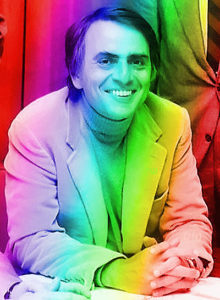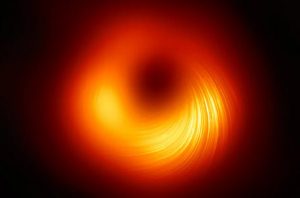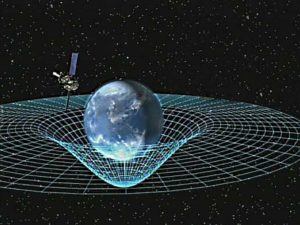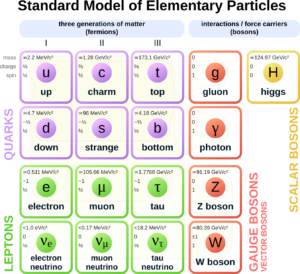
Physics has Unsolved Mysteries
Here’s Why That’s a Good Thing
Who likes walking into a movie and already knowing how it’s going to end? Who likes cracking open a novel, certain of what will happen to the characters? Who likes having friends who always have all the answers? Nobody, that’s who. Certainly, we sometimes watch the movie version of our favorite book, or read novels based on our favorite movies. At other moments, we read popular science magazines even though we’re familiar with the topics, or scientific journal articles even though they are boring or unimaginative. But that original spark of uncertainty, mystery, and curiosity is what got us interested to begin with.
Yet when you step into your first physics, chemistry, or calculus class, your professor will likely act like they’ve got all the answers and you’re a moron for not seeing the missing lines they’ve left out of their derivations. Yes, science has made incredible predictions, but we know it doesn’t have all the answers, and that the answers it does have are often complicated and contingent.
Reality is nuanced and so is physics. Don’t let anyone tell you otherwise. Theories and explanations that work on one level might not work on another, like when we try to apply quantum mechanics to galaxies, or gravity to microscopic particles.
“Reality is nuanced and so is physics. Don’t let anyone tell you otherwise.”
Questions Abound
Our universe is full of unknown phenomena, and that’s exciting. We don’t know how many planets are out there, how black holes truly work, how gravity interacts with tiny particles, or if there are additional fundamental forces. The mass of some of nature’s building blocks are not known — in particular the elusive neutrinos — and there are hints of yet undiscovered particles. Space itself could be infinite, with infinite places to discover, and there might also be places teeming with unknown life and intelligence.
Certainly, this could be scary. There very well could be aliens lurking beyond our solar system, waiting to prey on innocent civilizations. The galaxy could be a dark forest, as described in Liu Cixin’s “Three Body Problem” books. There could be unknown cosmic dangers so powerful that they can extinguish our sun in the blink of an eye. But what would life be without a little uncertainty? As they say in Star Trek, we must go boldly on.


Consciousness and The Nature of Existence
Scientists don’t know exactly where consciousness emerges from, why we perceive reality the way we do, or just how many alternate realities are out there. We do know that some creatures perceive light and color differently, that our brains process shapes and images and human faces in unique ways, and that hearing, taste and smell can vary wildly between organisms. Unfortunately, scientists who experiment with alternate states of consciousness are frowned upon and shamed by their colleagues, or by society at large, whether they explore through meditation, psychedelic drugs, or ceremonies developed by wonderful indigenous cultures. We must stop this censorship by the cruel and closed-minded!
“Somewhere, something incredible is waiting to be known..”

Carl Sagan
Astronomer, philosopher, science communicator, and all-around awesome guy.

Mystery 1: Black Holes
Blocks provide you with everything you need to build a larger page.

Mystery 2: Quantum Gravity
Certain elements will be centered on mobile devices and tablets and aligned to the left or right on a desktop display.

Mystery 3: Why so many particles?
Certain elements will be centered on mobile devices and tablets and aligned to the left or right on a desktop display.

Mystery 4: The Arrow of Time
You can adjust the layout for each Block at three different device widths – desktop, tablet, and mobile.